Hans “Hamo” Morgenthaler described the Burgdorf district, where he was born on 4 June 1890, as an “innocuous potato patch in central Switzerland”. Left without a mother and suffering misfortune at a young age, he studied botany, zoology and geology but was driven right from the start by the irrepressible desire to live “well and dangerously”. His first novel “Ihr Berge”, published in 1916, documents how he firstly developed a passion for mountaineering but took it to such an extreme that he almost lost all his fingers to frostbite in 1911.
In 1920, he apparently threw his mountaineering equipment into a glacial crevasse in protest at mass tourism. But before that he pursued another desire – adventure in the Asian jungle. He enjoyed “days in paradise” in a newly discovered “primeval home” when he worked for a company searching for tin and gold in the Malaysian jungle from 1917 to 1920 and experienced the “night-time song of the jungle” and “all the wonders of dark-skinned women”. However, his adventure had fatal consequences. Right up to his death he is believed to have suffered from syphilis – which was never medically proven – and malaria, which he brought to Switzerland, before contracting the tuberculosis that he died from in 1928 aged 38.
Sensuously seductive
Before that he evoked the Asian land of his desires in novels twice – euphorically and with sensuous seduction in 1920 in “Matahari. Stimmungsbilder aus den malayisch-siamesischen Tropen”, a book which Hermann Hesse and Emmy Hennings raved about, and with a sceptical and critical tone where the jungle seems like hell in “Gadscha Puti. Ein Minenabenteuer”. This book was rejected by the publisher Orell Füssli to the chagrin of the author who was desperately short of money, and was not published until 1929, after his death, by Francke-Verlag. Also published posthumously was “In der Stadt. Die Beichte des Karl von Allmen”, a dark and sinister book about the city as the unrestrained whore of human urges and abysses, which the solitary reveller Von Allmen succumbs to in a kind of “metropolitan frenzy”.
After returning from Asia, Morgenthaler found no home and no peace. As a tuberculosis patient he lived in Arosa and Davos, then in Ascona, where miraculously the light-hearted novel “Woly, Sommer im Süden” was written, in the Waldau mental institution in Berne (he almost committed murder out of jealousy), in a psychiatric hospital in Mendrisio and finally in Berne in 1927 where the dentist Marguerite Schmid took care of him and tried to get his life back on the right track. After the expressionism of the Asian novels and the humour of “Woly”, he finally unleashed tragic, absurd succinctness in his poems, the last and most shocking of which reads: “Dear God, /strike me dead. / Take me from this barren life. / Then I’ll give you a peck on the cheek.”
Charles Linsmayer is a literary scholar and journalist in Zurich.
“It seems to me now that I already knew when I said my good-byes in the mountains resplendent in autumn snow that my departure did not mean separation and unfaithfulness, that I was not going away but rather returning to a primeval home and a new world that, while completely new to me, was still a place of past experience and untainted primitiveness.”
From “Matahari. Stimmungsbilder aus dem malayisch-siamesischen Dschungel”, Zurich 1920, out of print.
Bibliography: The following titles are available: “Dichtermisere. Ein Hans-Morgenthaler-Brevier”, edited by Georges Ammann at Orte, “Hamo, der letzte fromme Europäer” and “Der kuriose Dichter Hans Morgenthaler. Briefwechsel mit Ernst Morgenthaler und Hermann Hesse”, both edited by Roger Perret at Lenos-Verlag.
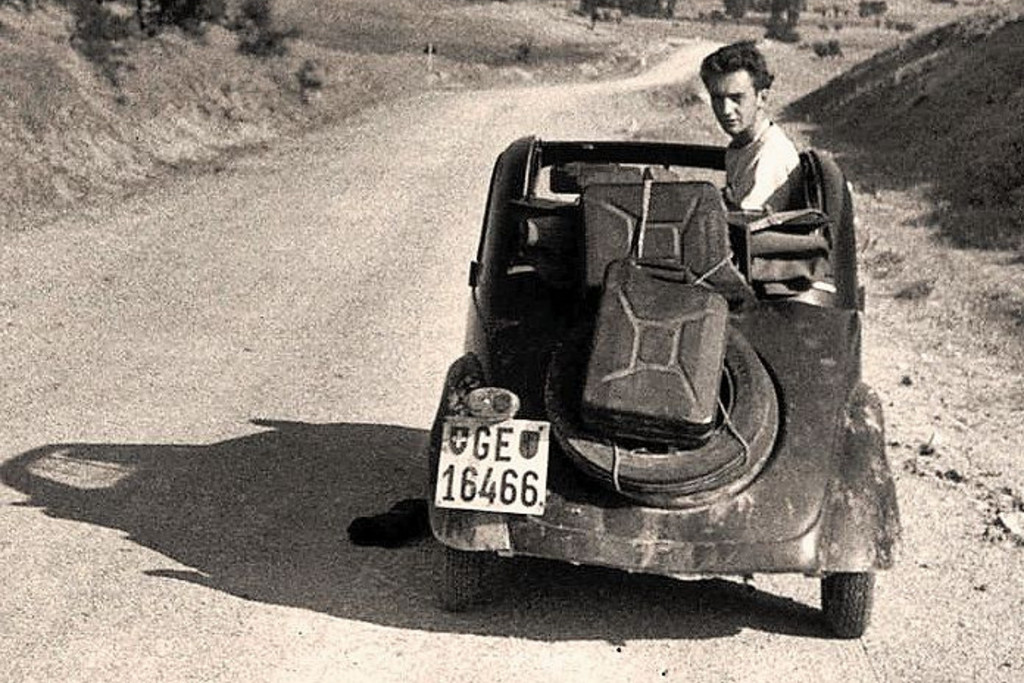
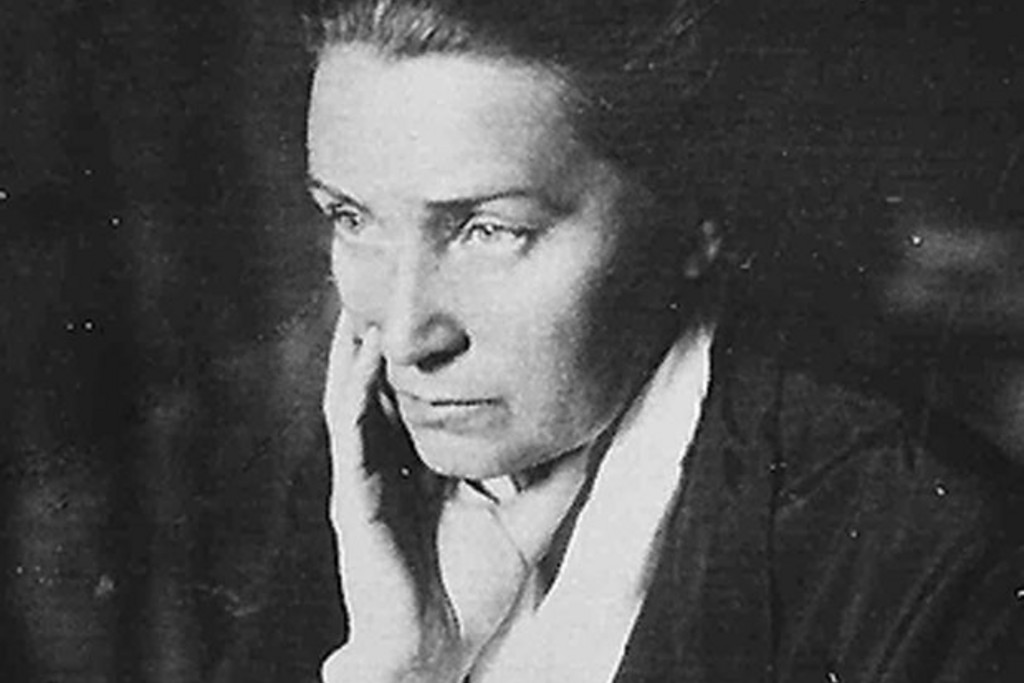
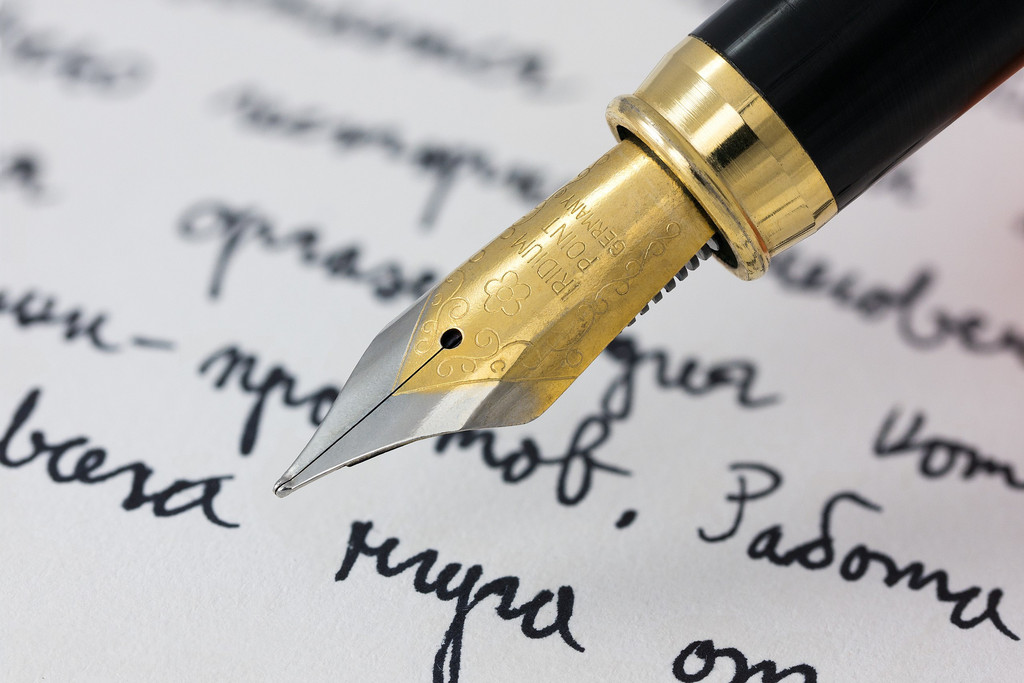
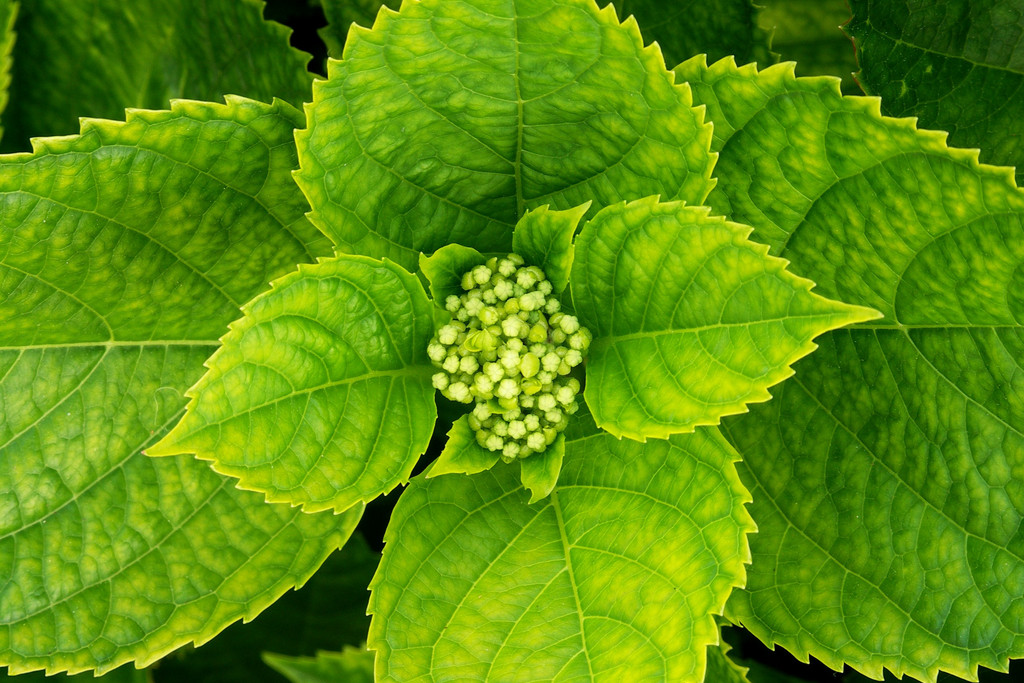
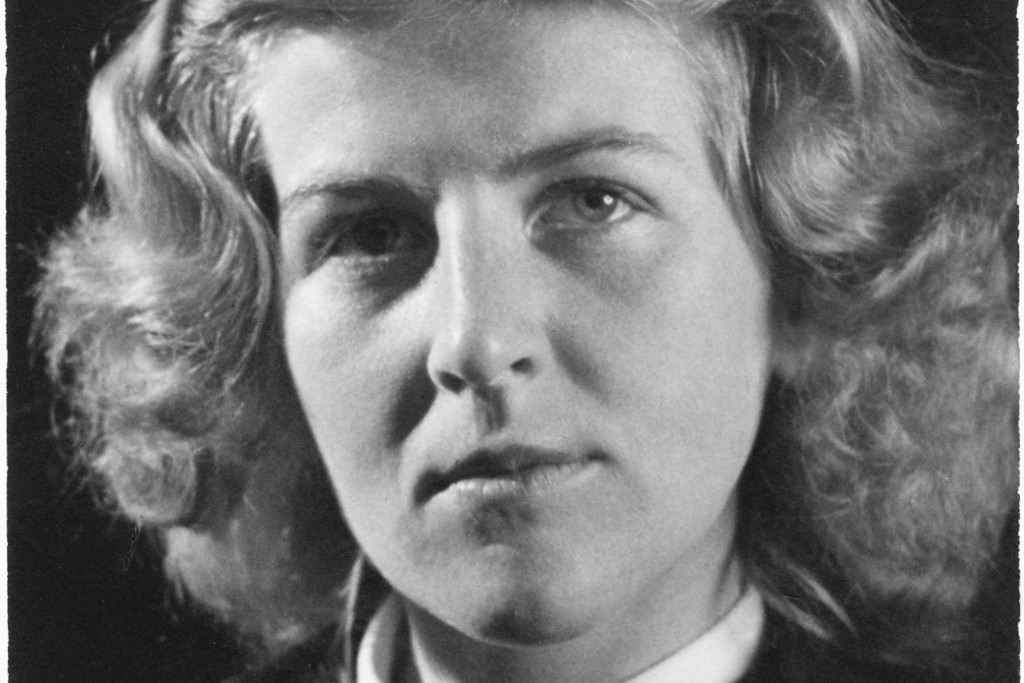
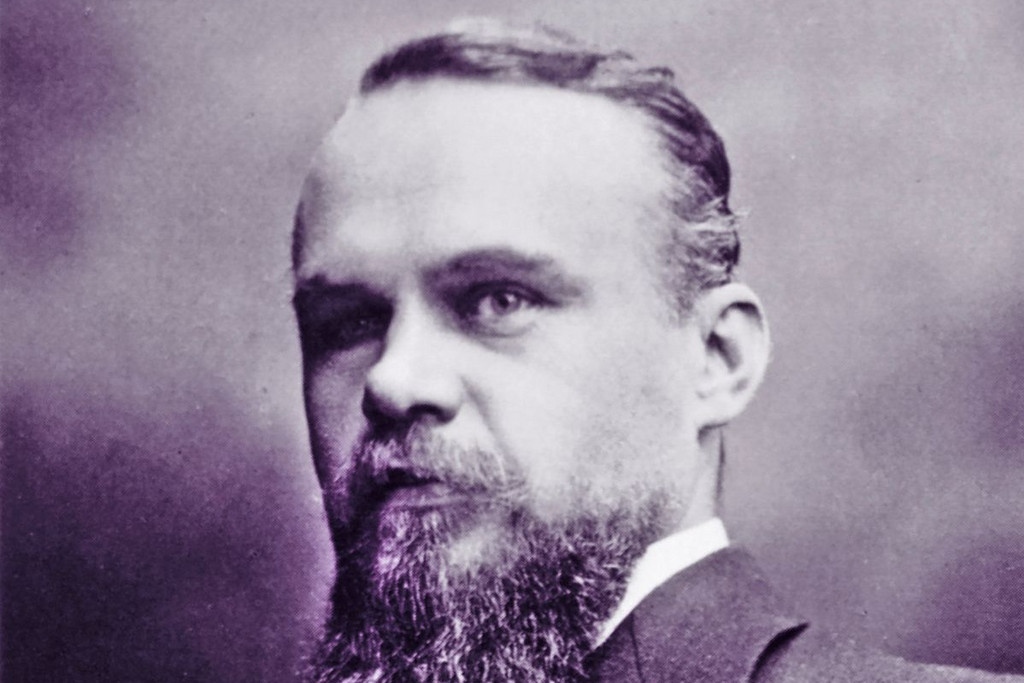
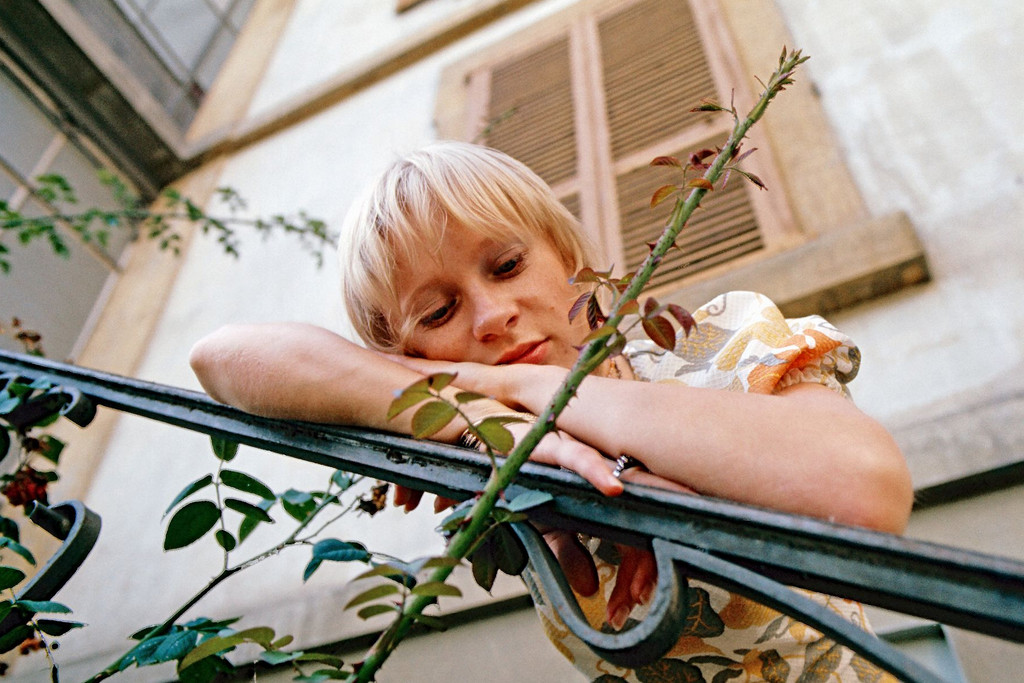
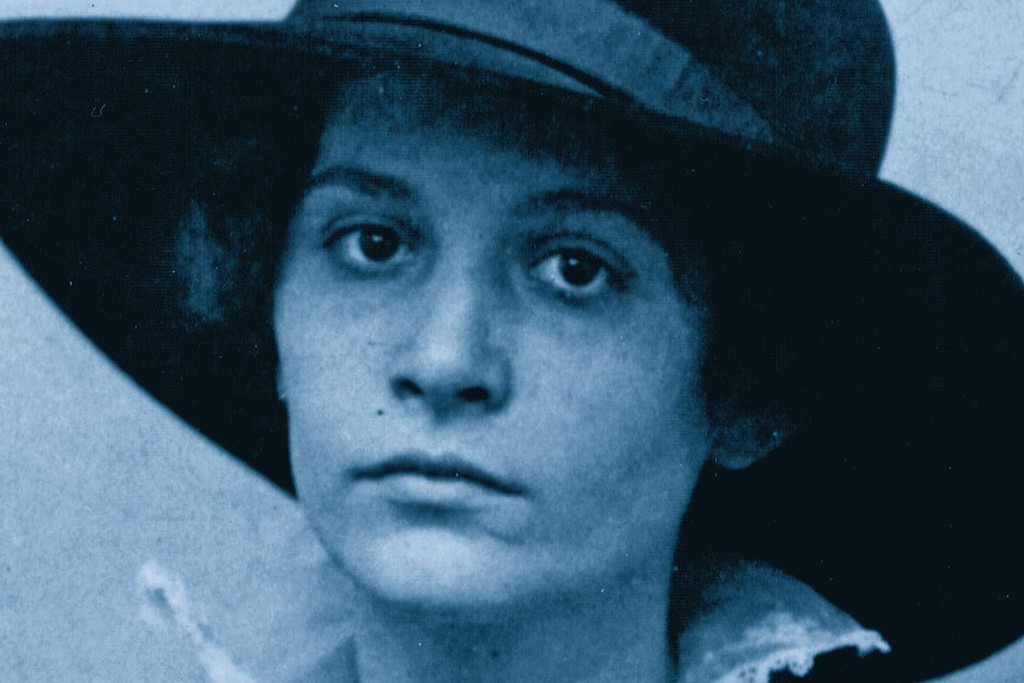



Comments